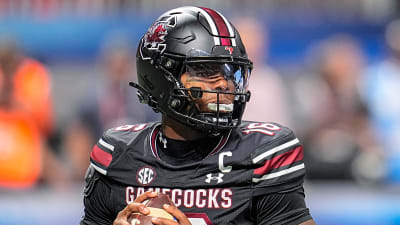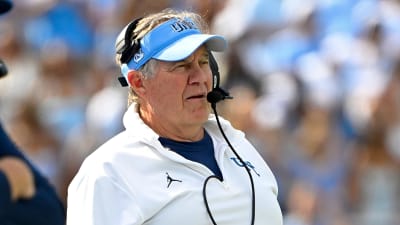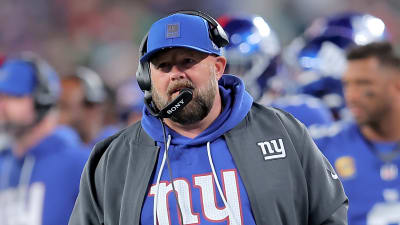x
MotoAmerica makes history, becoming the first professional sports organization to implement Abbott Laboratories’ i-STAT TBI blood test for on-site concussion evaluation for the 2025 season. MotoAmerica is North America's premier motorcycle racing series, and adopting the Abbott i-STAT TBI test gives race doctors the ability to get definitive results of brain injury in just 15 minutes. The test was approved by the FDA in April 2024 and is the first test to introduce an objective approach to diagnosing brain injuries. This move significantly enhances rider safety at every track in the series. Dr. Carl Price, MotoAmerica's Chief Medical Officer, sat down with Adventure on SI to talk about the test and how MotoAmerica will implement it. Dr. Price is a board-certified plastic and reconstructive surgeon with over 30 years of experience, but his perspective is unique. He is also a racer who competed in MotoAmerica's inaugural Twins Cup at Road Atlanta and holds a professional racing license. He also has personal ex
More must-reads:
- Blue Jays will be without former All-Star for remainder of postseason
- Urban Meyer offers bold take on Penn State's James Franklin firing
- The 'Oldest starting QB by NFL team' quiz
Breaking News
Trending News
Customize Your Newsletter
 +
+
Get the latest news and rumors, customized to your favorite sports and teams. Emailed daily. Always free!








